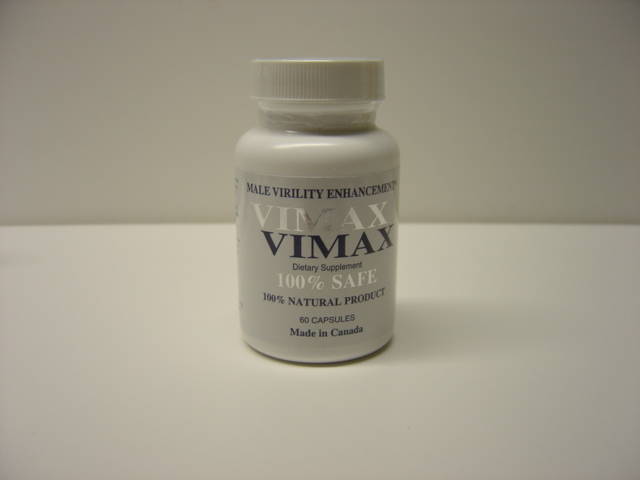VDR and Data Security
VDRs are a key component of many business processes and are a vital tool for businesses that handle sensitive information. However, they should be viewed as a part of an overall security plan for data that includes regular risk assessments and training and planning for incident response, ongoing monitoring, and the implementation of robust technical controls.
The most obvious reason to implement the vdr is to safeguard confidential documents during business transactions. For instance, a company involved in M&A due diligence would want to make it easy for the prospective buyer to access confidential documents without fear of theft or misappropriation. The need for speedy secure sharing of documents can be found in a variety of scenarios. For example, when legal counsel needs access to company records or audit reports, or a distant board member must review important documents.
VDRs provide security features for data such as access control, encryption, and audit trails to ensure compliance with the regulations, like GDPR. In addition, many VDRs include features like dynamic watermarking, which overlays confidential documents with visible or invisible markers that can be traced if the document is leaked outside the VDR.
In the event of an incident the detailed logs a vdr keeps can assist in the forensic investigation. They can also assist companies determine what data was affected and how the breach happened. A vdr could also be used to give insight into areas that need improvement.



